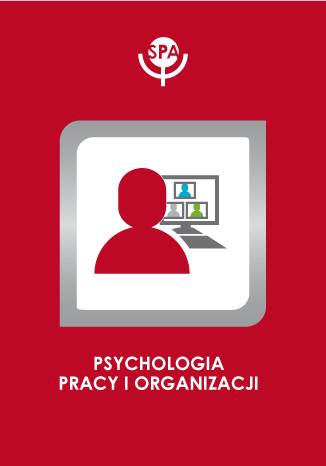Array
(
[id] => 255
[date] => 2019-01-03
[doi] =>
[title] => Model „Stylu Twórczego Zachowania” jako wyznacznik funkcjonowania kadry menedżerskiej w warunkach zmian systemowych
[title_en] => THE STYLE OF CREATIVE BEHAVIOR AS A MODEL OF EFFECTIVE MANAGEMENT UNDER SYSTEMS TRANSFORMATION
[authors] => Andrzej Strzałecki
[abstract] => The author's model of The Style of Creative Behaviour (STB) was used to study personality determinants of effective managerial activity in a small firm under systems transformations. Seventy seven managers were tested using Strzalecki's five factors "Creative Behavior Questionnaire" (CBQ): 1. Appreciation of Life, 2. Strength of Ego, 3. Self-realization, 4. Flexibility of Cognitive Processes, 5. Internal Locus of Evaluation, together with Cattell's"Sixteen Personality Factor Questionnaire" (SPFQ) and Strelau's "Formal Characteristic of Behavior" (FCB-TI). The best explanation (Multiple R = .859, 69% of variance) of the global index of managerial effectiveness was achieved through a regression equation in which the greatest weights received three factors from CBQ (Appreciation of Life, Flexibility of Cognitive Processes, Self-realization), eight factors from SPFQ, and one factor from FCT. The article ends in a discussion about the creativity dimensions of the entrepreneurial activity of Polish managers under economic transformation.
[abstract_en] => The author's model of The Style of Creative Behaviour (STB) was used to study personality determinants of effective managerial activity in a small firm under systems transformations. Seventy seven managers were tested using Strzalecki's five factors "Creative Behavior Questionnaire" (CBQ): 1. Appreciation of Life, 2. Strength of Ego, 3. Self-realization, 4. Flexibility of Cognitive Processes, 5. Internal Locus of Evaluation, together with Cattell's"Sixteen Personality Factor Questionnaire" (SPFQ) and Strelau's "Formal Characteristic of Behavior" (FCB-TI). The best explanation (Multiple R = .859, 69% of variance) of the global index of managerial effectiveness was achieved through a regression equation in which the greatest weights received three factors from CBQ (Appreciation of Life, Flexibility of Cognitive Processes, Self-realization), eight factors from SPFQ, and one factor from FCT. The article ends in a discussion about the creativity dimensions of the entrepreneurial activity of Polish managers under economic transformation.
[keywords] => creative behavior, behavior styles, management, system transformation
[keywords_en] => creative behavior, behavior styles, management, system transformation
[file_path] => /files/articles/2001-7-model-__stylu-twrczego-zachowania"-jako-wyznacznik-funkcjonowania-kadry-menederskiej-w-warunkach-zmian-systemowych.pdf
[okladka] => psychologia_pracy_i_organizacji.jpg
[rocznik] => Rocznik: 2001 Tom: 7 Numer: 2
[strony] => 135-146
)










 Pobierz pełny tekst
Pobierz pełny tekst



